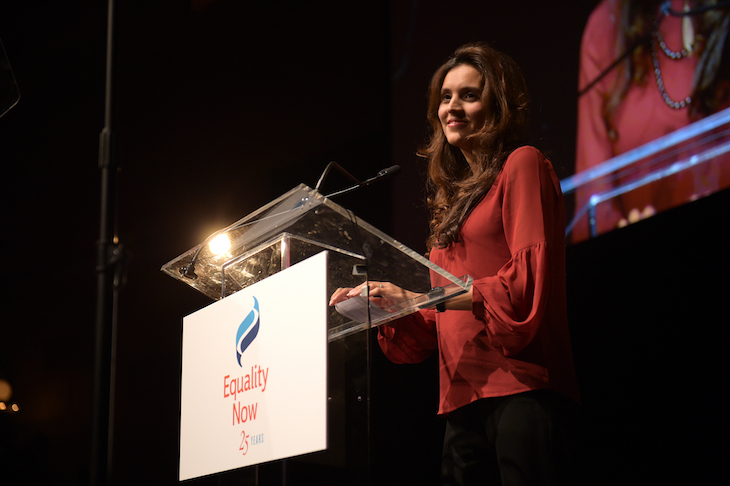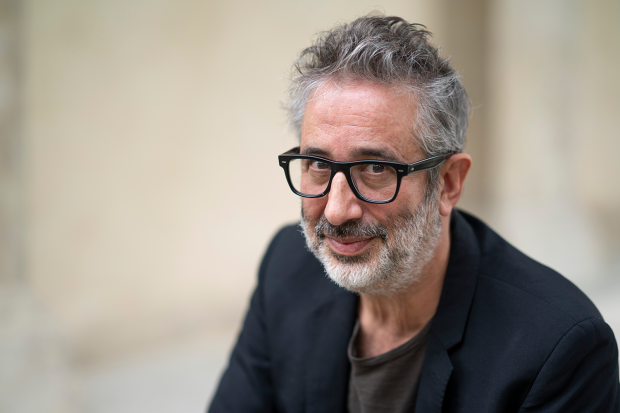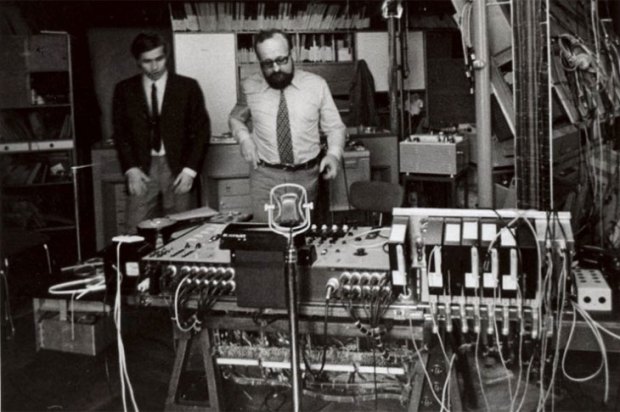‘Can one person really grasp the significance of what another person has been through?’ asks Dr Rita Charon in this week’s essay on Radio 3. She’s a physician in New York (isn’t it somehow telling that in Britain we’ve long since forgotten what GP actually stands for?) and as a result of her experiences as a doctor has set up a pioneering training programme at Columbia University. In Narrative Medicine (produced by Elizabeth Funning) Charon explained how she came to believe in the power of literature, of listening to stories, as a way of bringing physicians ‘near enough to the patient to recognise their suffering and help them through their ordeal without disabling clinical judgment or rendering them helpless with passive sympathy’.
Ironically, perhaps, her series of five talks is part of the BBC’s celebratory season marking 70 years since the NHS was born, a conflicted anniversary given the extraordinary pressures on our medical system and its inability, seemingly, to find solutions to its all-too-evident crisis of purpose. Her words resonated powerfully.
You can only guess at what another person might be suffering, says Charon, but you can witness that suffering. And one way to learn how to do that is through narrative, because of its ability to take us inside an experience, to recognise how complex individual lives can be, and to appreciate how different they are from our own. On the surface there could be no connection between the diabetic patient whose funeral she was now attending and the plight of Millie, the pivotal character in Henry James’s novel The Wings of the Dove (recently given a compelling dramatisation on Radio 4). But, quite unbidden, scenes from the novel popped into Charon’s mind as she looked at the patient’s body lying in an open coffin, ‘the body I have known so well… examined and touched so many of its parts’.
They were the same age, and in the ten years since they had first met they had each grown up, Charon as a physician, her patient as a mother. Millie’s great loneliness, her reliance on her doctor as she begins to understand the gravity of her illness, informed Charon of how alone her patient had been even in the midst of her family. She began to understand how they might be connected. ‘That is what makes good medicine.’
When we listen to stories as opposed to watching the same scenes on screen, our heart rate increases as does our body temperature, recent research by University College, London, has shown. Physiologically we are more engaged when we listen. Not news to Dr Charon, I suspect, or to radio addicts (the research was commissioned by Audible, the podcast and audio-book wing of Amazon). But it’s a warning perhaps to those who would like to argue that we are now living in a visual society. We are at heart aural beings, and get much more out of communicating through words and sound than images, as any deaf person will tell you.
The findings also explain why programmes such as Words and Music on Radio 3 work so well, week in, week out. Sunday’s programme (produced by Philip Tagney) took boredom, restlessness, killing time as its theme, with music by the Buzzcocks, Stravinsky, Philip Glass, Cole Porter (‘I get a kick out of you’) and readings from Flaubert, Wendy Cope (‘He found Tulse Hill too stimulating’) and John Cage’s Zen view of boredom (‘if something is boring after two minutes, try it for four. If still boring try it for eight… Eventually one discovers that it’s not boring at all but very interesting’). From the first beat it captured that mood of being at a loss what to do, the feeling of inescapable monotony, of being burnt up by restless energy, but also the necessity of such periods in life, as they often lead to moments of insight. No explanation is needed, just precise editing to create that sense of something unfolding, a narrative through sound.
On the World Service last week Outlook celebrated its Inspiration awards, which this year have been given to Nice Leng’ete from Kenya, Brisa de Angulo from Bolivia and Livey van Wyk from Namibia. All three travelled to London to tell their stories in front of an audience at the BBC — three such dignified women, very different in their experiences and rather overwhelmed by the enthusiastic reception and the tributes they were given from those who know them back home. Leng’ete began her campaign against circumcision aged eight, refusing to be cut herself and then speaking out against the male elders of her Maasai community to ensure the ritual practice is stopped. De Angulo set up centres to support and advise young people who have suffered abuse after she was raped at 15 and discovered that no one, not even from her family, would take the perpetrator to court. Van Wyk was ostracised when she was diagnosed with HIV but is now mayor of where she lives.
As one of the judges, Kumi Naidoo said, ‘real change starts at community level’ and, he could have added, is told through individual stories. An inspiring listen, and one for these trying times..
Got something to add? Join the discussion and comment below.
Get 10 issues for just $10
Subscribe to The Spectator Australia today for the next 10 magazine issues, plus full online access, for just $10.
You might disagree with half of it, but you’ll enjoy reading all of it. Try your first month for free, then just $2 a week for the remainder of your first year.














Comments
Don't miss out
Join the conversation with other Spectator Australia readers. Subscribe to leave a comment.
SUBSCRIBEAlready a subscriber? Log in